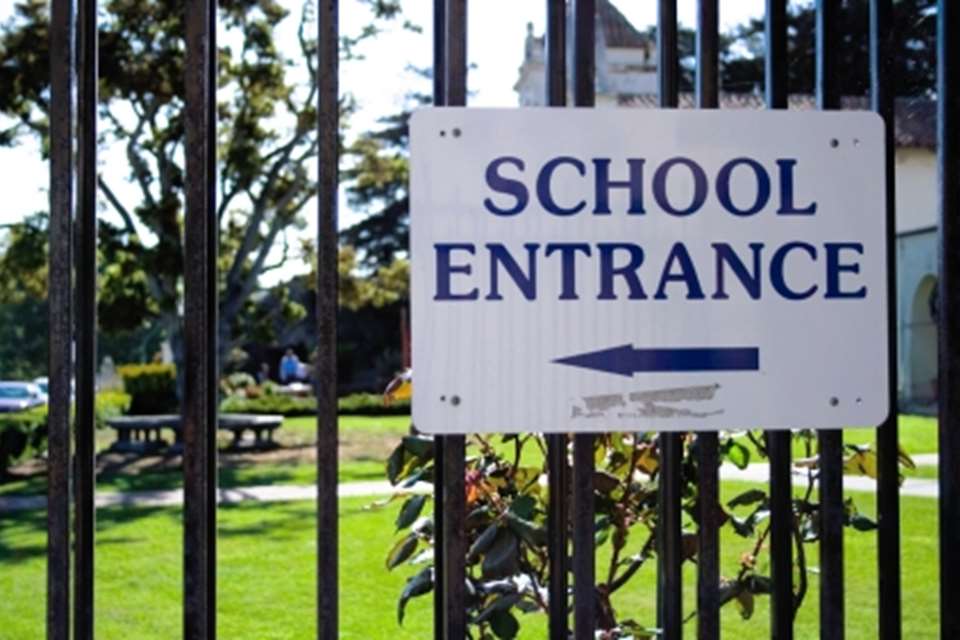Poor children at risk of losing out on pupil premium funding, MPs warn
Friday, October 9, 2015
Children from disadvantaged families could be missing out on funding designed to support them, according to a cross-party committee of MPs.

The Public Accounts Committee, which scrutinises public spending, said there are large disparities in pupil premium funding, with some schools receiving £3,000 more per pupil than others.
The MPs are also ‘very concerned’ that the introduction of Universal Credit will make it harder to identify children who are eligible for the extra funding.
The report also said that it would be important to monitor the impact of spending on the Early Years Pupil Premium (EYPP), introduced in April, and urged the DfE to carry out an early review of the effectiveness of the scheme after its first year of operation.
According to the report, the Department for Education has not yet decided how it will identify disadvantaged children as universal credit is brought in.
Under changes to the benefits system, five benefits will be rolled into one, which means that schools will no longer be able to use the free school meals criteria as a basis for identifying those children eligible for the pupil premium.
The report into funding for disadvantaged children also found that while there has been a narrowing of the attainment gap since the pupil premium was introduced, results have been ‘uneven’.
So far, £6 billion has been distributed to schools (up to 2014-15), since the pupil premium was launched to improve the academic performance of children from poorer families in 2011.
According to the Government, around two million children in maintained schools, including free schools and academies, are from disadvantaged backgrounds.
Since the pupil premium was brought in, the attainment gap between poorer children and their peers has closed by 4.7 percentage points in primary schools and 1.6 percentage points in secondary schools.
The work of the Education Endowment Foundation has also been important in developing the evidence base for what interventions work best for schools, the report said.
Publishing the report, Meg Hillier MP, chair of the Public Accounts Committee, said, ‘The committee is very concerned the roll-out of Universal Credit will make it harder to identify children eligible to benefit from the Pupil Premium – and indeed, the department admits it still has no plan in place to address this. We are therefore asking for an update on its progress within six months.
‘We also want to see a clear timetable for the department to review the schools’ funding formula which, at present, sees some schools receive about £3,000 a year more than others per disadvantaged pupil.
‘Without progress on these points, the Public Accounts Committee does not believe disadvantaged pupils across the country can receive full value from pupil premium investment.
‘That could mean many children it is designed to help will miss out on potentially life-changing benefits at a crucial stage in their development.’
Dr Mary Bousted, general secretary of the Association of Teachers and Lecturers (ATL) said, 'Unless urgent action is taken, the Government will condemn some of our most vulnerable children to a lifetime of under-attainment, low paid jobs and low self-esteem. The situation will only be exacerbated by devastating cuts implemented by Universal Credit.
'We need more investment at the early years level to ensure that no child is left behind. However, it is also crucial for the life chances of our most disadvantaged young people, that funding for schools and colleges is immediately and significantly increased, so they can reach their full potential, enrich their lives, their communities and the economy.'
Commenting on the report Lucy Powell MP, Labour’s shadow education secretary, said, ‘We have been warning the Government for some time that the introduction of Universal Credit will have knock on consequences for allocating the pupil premium. It beggars belief that they still haven’t resolved this issue.
‘Ministers obviously still have their heads in the sand. With the attainment gap between poorer pupils and their peers widening, it’s vital that the Government takes urgent action to ensure that disadvantaged pupils don’t lose out and that the pupil premium is effective.’
A Department for Education spokesperson said, ‘It is encouraging that this report recognises the extent to which the Government has been able to narrow the attainment gap between disadvantaged pupils and their peers.
‘We are determined to ensure every child, regardless of background, is given an education which allows them to realise their full potential and we are committed to do more to tackle educational inequality. We will now consider the findings of the Public Accounts Committee carefully and respond later this year.’
- Read the report here













